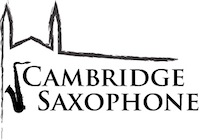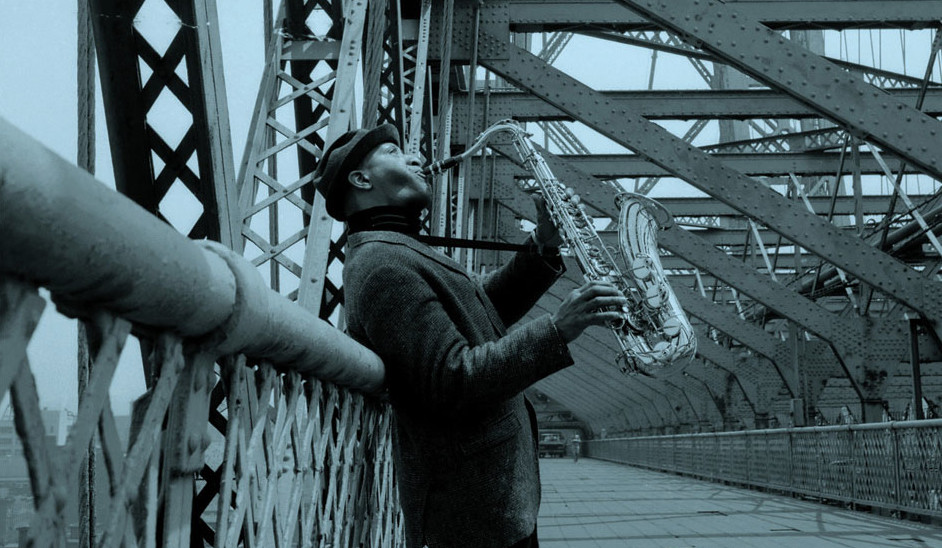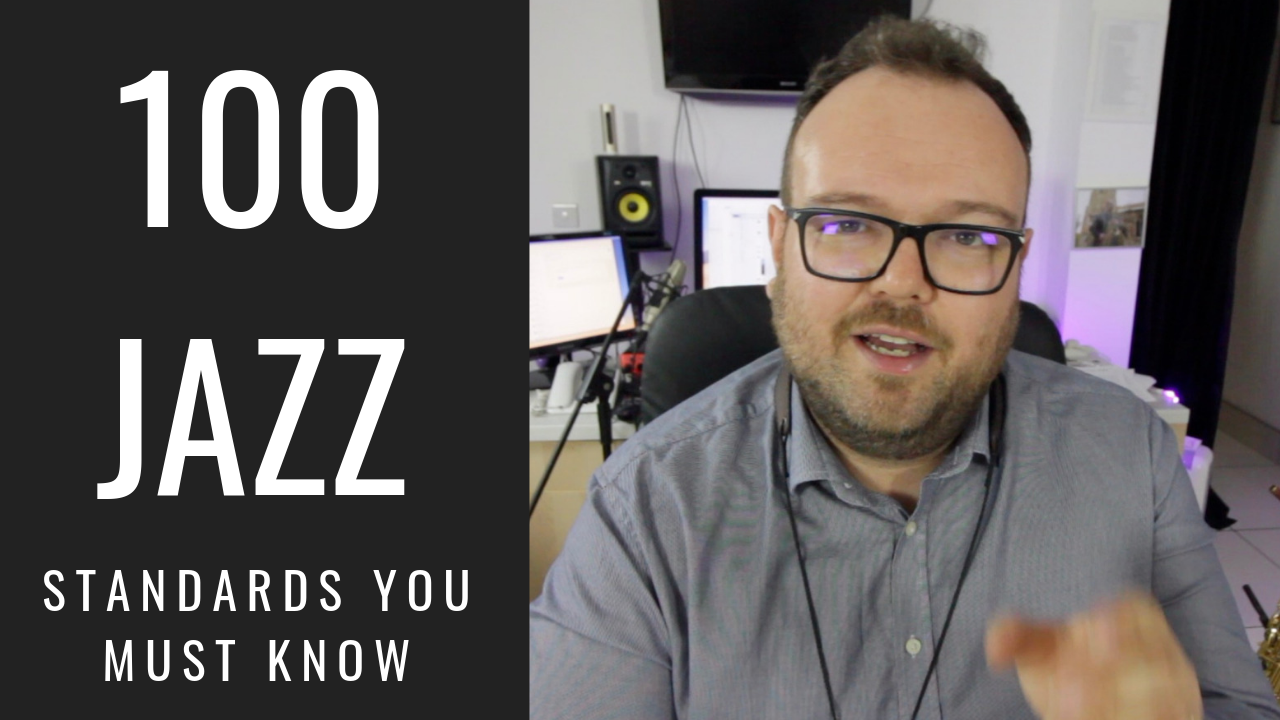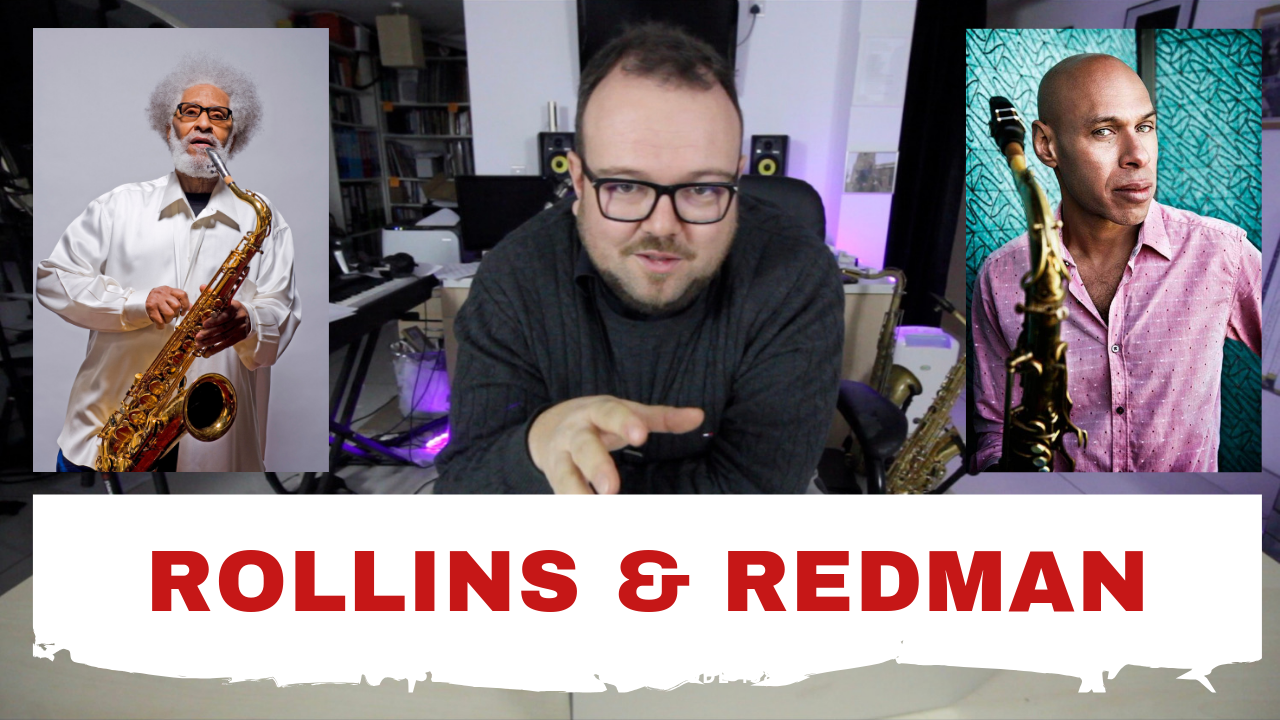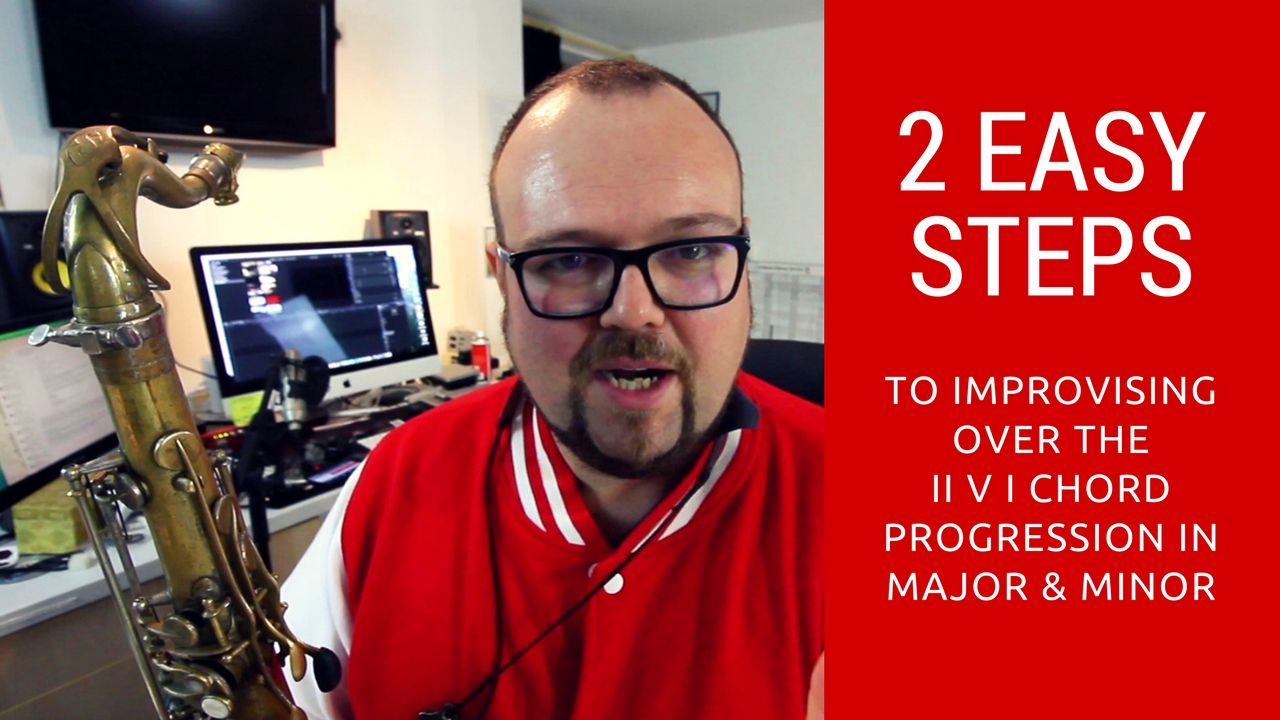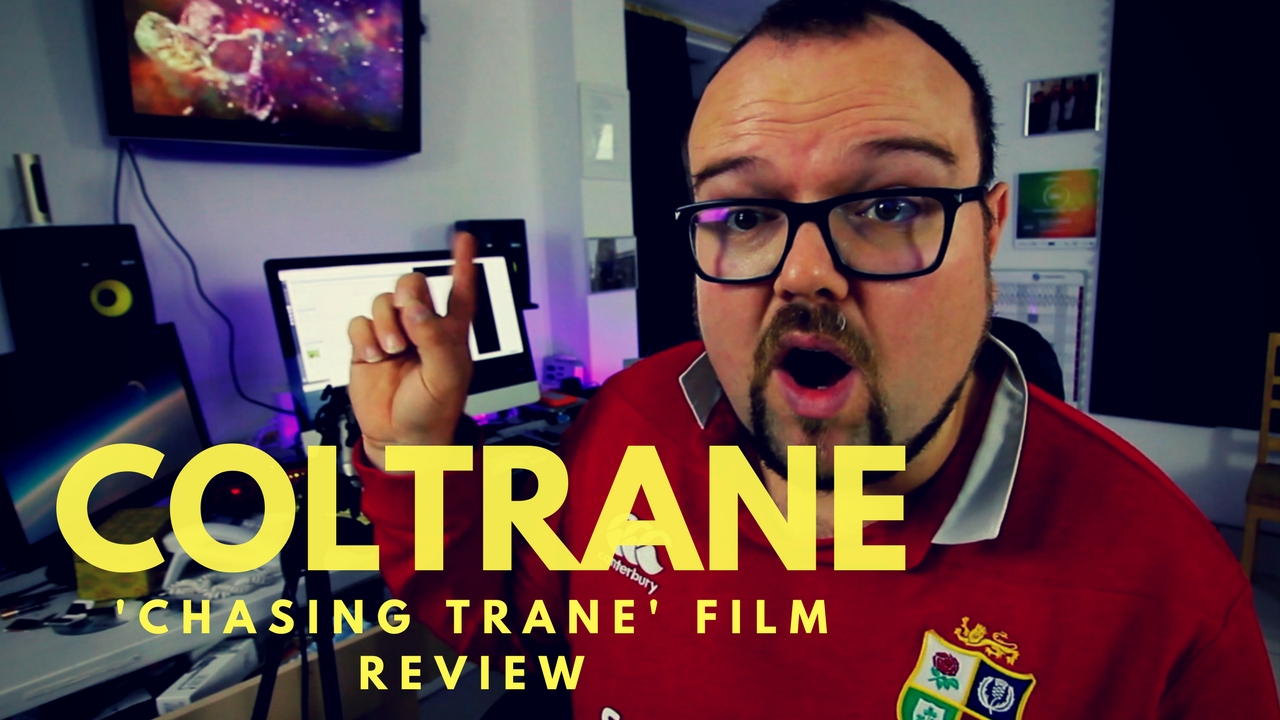Why Transcribing Is So Important
If you run through this website you would notice that there is one type of course that keeps popping up – transcription.
Transcribing in its strictest sense is the art of musical dictation, that is writing down what is played – but I don’t want you to do that, (at least most of the time.)
Why? Well, music is sound. I’ll say it again MUSIC IS SOUND! So often we spend far too much time using our eyes when we play music rather than our ears. If you truly want to understand how a musician, especially a saxophonist sounds then you need to learn the art of imitation.
But I thought jazz was all about self-expression, being unique. Self-expression is a really important part of jazz, but you’d be very much mistaken if you thought jazz was all about making it up on the spot, etc. Jazz is a language, like French and if you really want to become fluent in a language, to communicate with others in that language, to express yourself in that language then you need to learn how to converse in that language.
There is no better way of understanding how Lester Young, Charlie Parker, Paul Desmond, Miles Davis (not a sax player, but worth transcribing,) John Coltrane, Sonny Rollins and many others construct their solos than listening intently and learning how they play by USING YOUR EARS!!
Here’s one of my students Simon playing a transcription project he’s been studying on Sonny Rollins’ version of ‘Three Little Words’ (there’s no course for this, Simon’s been working on this by himself.)
You can listen to our transcription projects below
If you want to start learning how to transcribe, or how you can apply it to your playing, then click here
